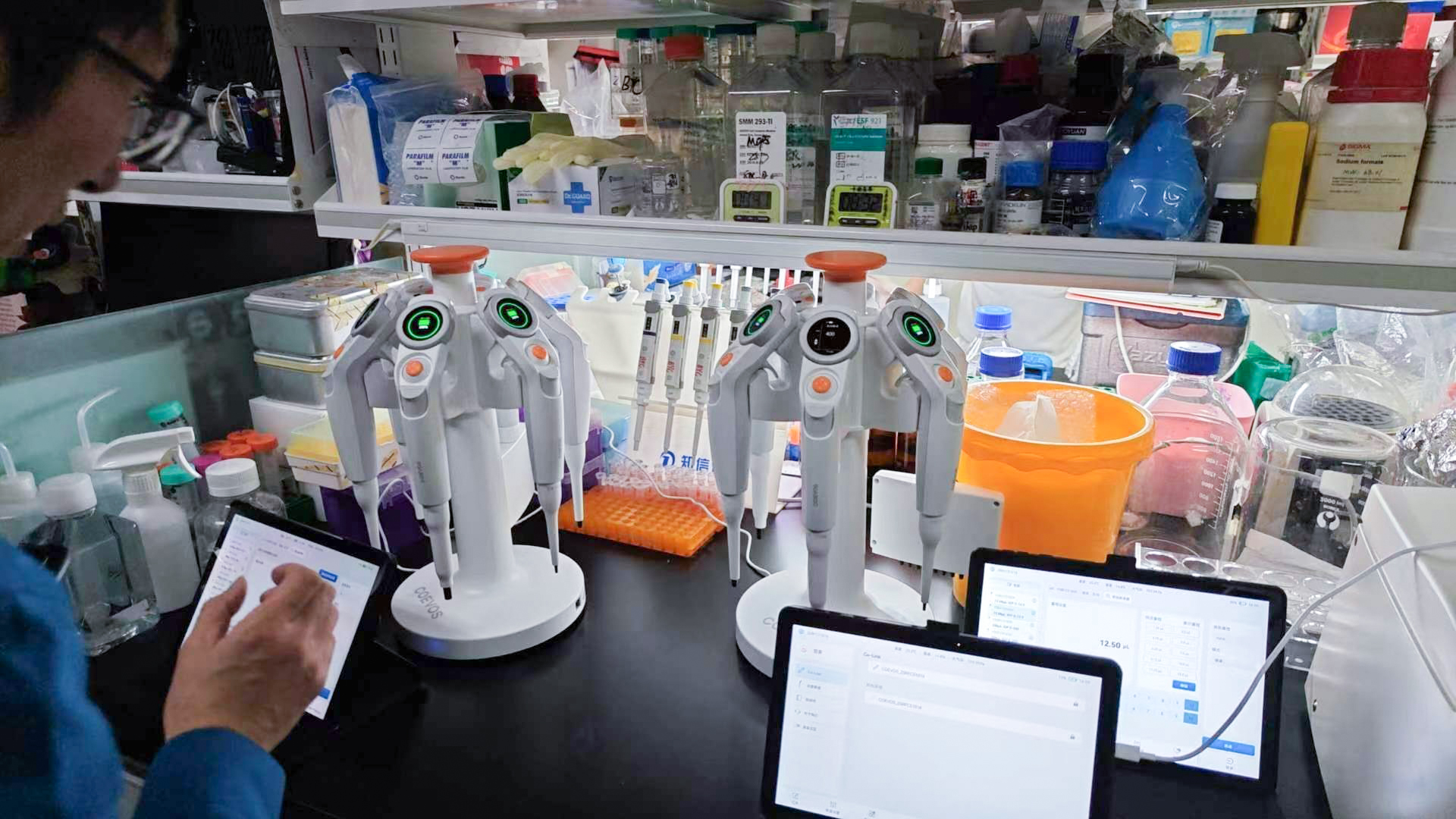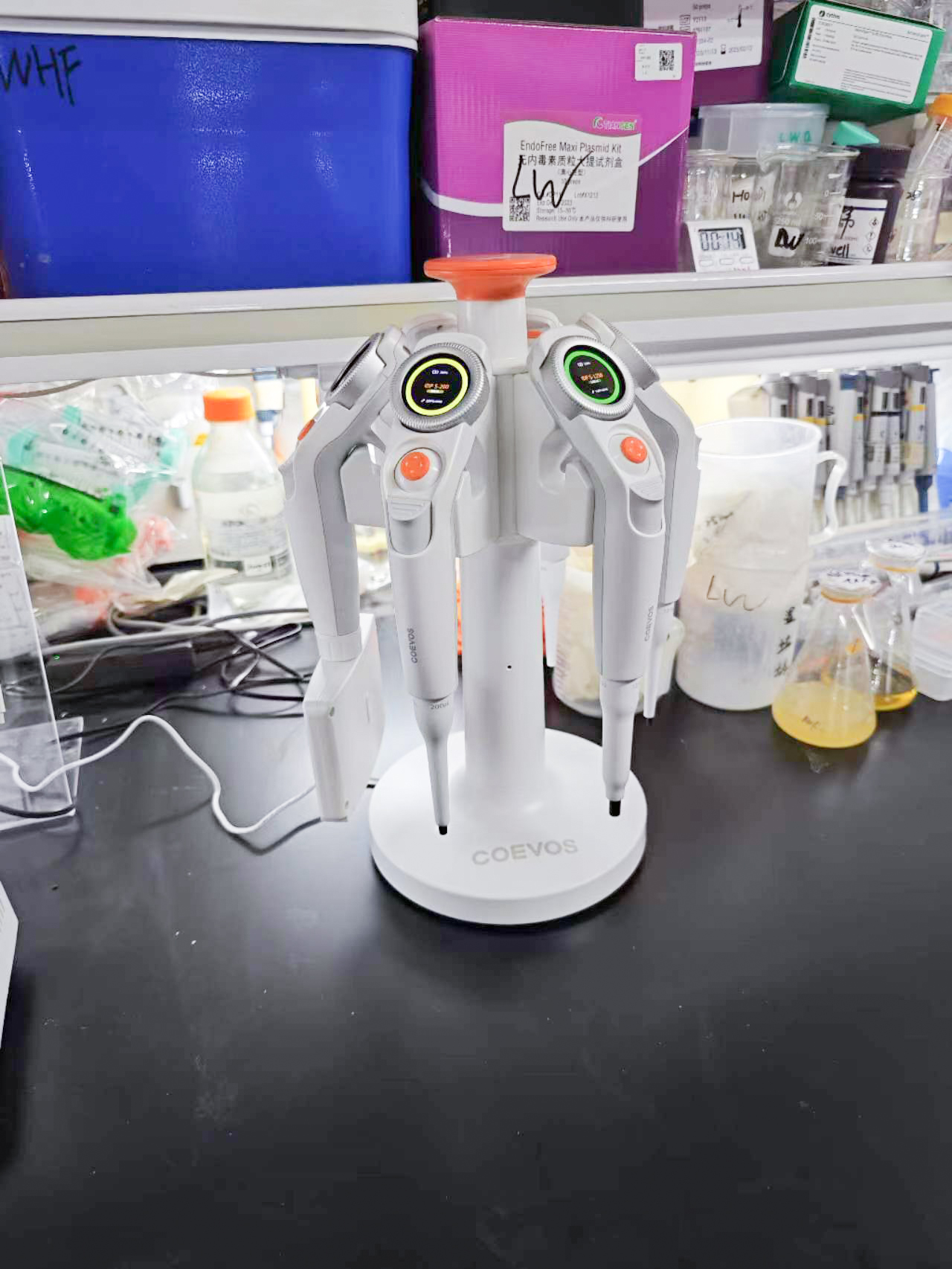

Tsinghua University School of Basic Medical Sciences

Basic experiments are the cornerstone of scientific research. The precision, stability, and traceability of each step in the experimental process determine the success or failure of the entire research project. In recent years, under Li Haitao, Dean of Tsinghua University School of Basic Medical Sciences, the research team has achieved remarkable success in epigenetics using engineered mice as model animals. The young Tsinghua School of Basic Medical Sciences, guided by the principles of "Strong Foundation, Internationalization, and Emphasis on Clinical Applications" has embarked on a new era of ambitious original research. By establishing an AI-powered digital laboratory platform, they are spearheading the digital transformation of foundational experimental techniques and advanced laboratory management. Tsinghua, a century-old institution, continues to lead the way at the forefront of the times! Seizing this momentum, COEVOS' "talking pipetting system" intelligent digital pipetting system is actively assisting Tsinghua's team in achieving more precise experimental results and more efficient experimental processes.
“We are conducting extensive mouse genotyping experiments, which demand exceptional patience, energy, and endurance from our team. Each member handles dozens to hundreds of mouse tail DNA extractions and sets up multiple 96-well plate PCR reaction systems. Previously, our team endured intense experimental sessions lasting 2.5 to 3 hours straight, often resulting in errors that jeopardized the entire experiment and necessitated redoing. This persistent challenge was mitigated when we adopted COEVOS' intelligent digital pipetting system. Over three months of continuous use, we significantly reduced the overall genotyping time by nearly half, cut the error rate in half, and streamlined the experimental process, making it more efficient and less demanding.”








